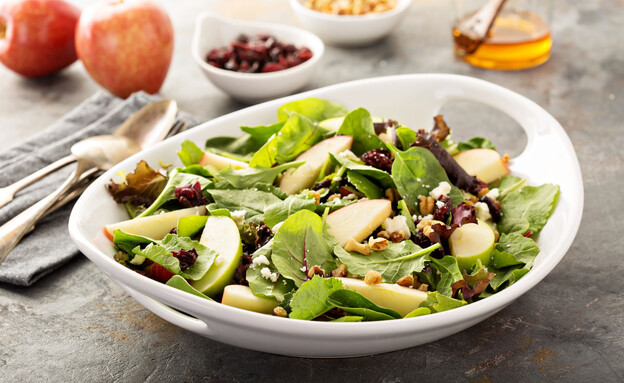Gastrointestinal diseases are more prevalent during the summer months due to the hot and humid climate that provides ideal conditions for pathogens to multiply and spoil food. Food found on streets, sidewalks, and from street vendors or restaurants that do not prioritize hygiene and safety is at a higher risk of causing foodborne illnesses. Even cooking food at home can be risky if certain precautions are not taken, such as using unclean food sources, not cooking food thoroughly, storing food for too long in the refrigerator, drinking contaminated water, or consuming food contaminated by flies.
To prevent digestive diseases, it is crucial to take proactive measures such as getting vaccinated against diseases like hepatitis A, cholera, and typhoid. It is also essential to follow good hygiene practices like washing hands before preparing or eating food, buying food from reputable sources, and cleaning food properly before consumption. Drinking clean water is also vital in reducing the risk of disease transmission.
Vaccines for digestive diseases are highly effective, with over 80% effectiveness. The vaccination schedules for cholera and typhoid involve multiple doses over a period of time, while hepatitis A and B vaccines require three injections over a six-month period. It’s recommended to consult with a healthcare provider to determine the appropriate vaccination schedule for you and your family members.
Typhoid is caused by Salmonella typhi bacteria and can be transmitted through contaminated food or water. Hepatitis A is transmitted through direct contact with infected individuals or through consumption of contaminated food or water. Cholera is caused by Vibrio cholerae and is typically spread through contaminated water or food. Taking preventive measures and getting vaccinated can help build immunity and prevent the spread of these gastrointestinal diseases.
In conclusion, taking proactive measures such as following good hygiene practices, getting vaccinated against digestive diseases, drinking clean water can help prevent their occurrence during summer months when the weather conditions favor their growth.



